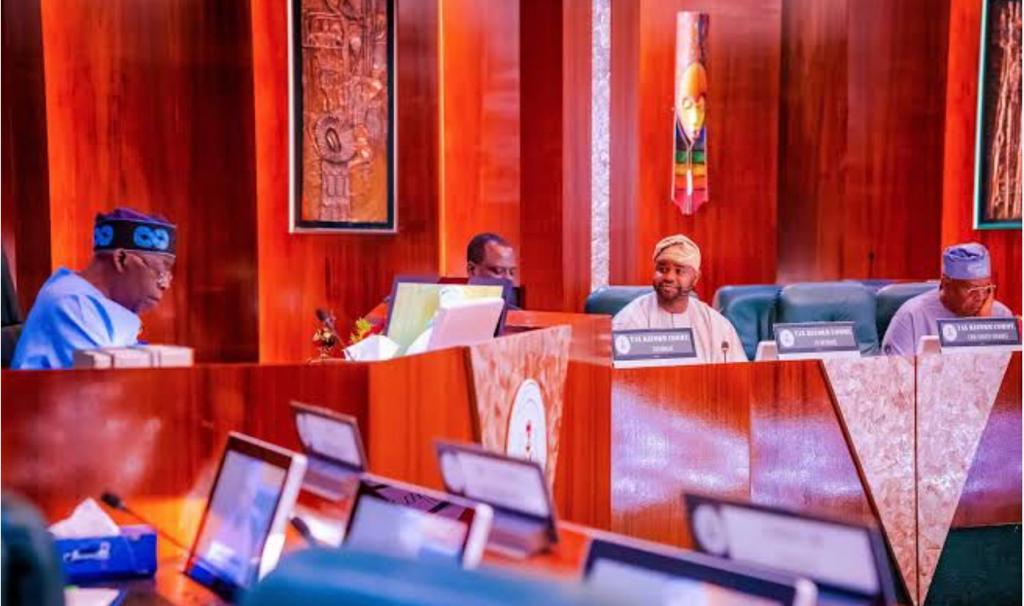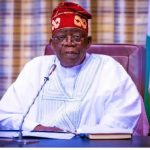Mr. Taiwo Oyedele, the Chairman of the Presidential Committee on Fiscal Policy and Tax Reforms, has emphasised the imperative of revitalising Nigerian tax policies.
Speaking during the committee’s inauguration, Mr. Oyedele underscored the opportunity to reshape the nation’s taxation landscape, aiming for greater equity, adaptability, and transparency.
Mr. Oyedele articulated that the task ahead is substantial yet pivotal, advocating for data-driven fiscal policies that ensure coherence and consistency. He highlighted the necessity of aligning tax policies with the modern economy and harmonising them with monetary and other governing policies.
Acknowledging the outdated nature of many of Nigeria’s current tax laws, Mr. Oyedele stressed the importance of comprehensive updates to achieve harmonisation and address the complexities of multiple taxes. He emphasised the significance of removing the tax burden from the poor and vulnerable while accommodating the concerns of all investors, regardless of scale.
While noting improvements in tax administration, Mr. Oyedele lamented instances of unregulated collections by untrained officers, particularly at the local government level. He pointed out that Nigeria’s revenue generation falls below African standards, attributing this to multiple taxes, fragmented revenue reporting procedures, and numerous collection agencies.

Mr. Oyedele also highlighted the strained willingness of the public to pay taxes, citing a lack of trust in government among individuals and businesses. He drew attention to the unfair distribution of the tax burden, where compliant taxpayers carry the weight, while evaders often escape consequences.
The Chairman further highlighted the protracted and costly nature of the tax dispute resolution process, especially for small businesses and vulnerable individuals who lack resources for professional assistance.
Despite the challenges, Mr. Oyedele viewed them as an opportunity to effect positive change. He suggested leveraging these challenges to mobilise revenue without introducing new taxes and address pressing needs, such as mitigating rising prices and encouraging remote work opportunities.
Mr. Oyedele emphasised the need to establish a conducive policy environment to attract global businesses and position Nigeria as a centre for research, innovation, and financial services in Africa.
He concluded by stating that Nigerians are willing to fulfill their tax obligations when they see meaningful returns on their contributions. He called for the renewal of the social contract and urged the committee to act in the best interest of the nation, envisioning a future shaped by the choices made recently.
Mr. Oyedele expressed gratitude for the opportunity to contribute to this journey and conveyed his belief that all committee members share in this commitment.



